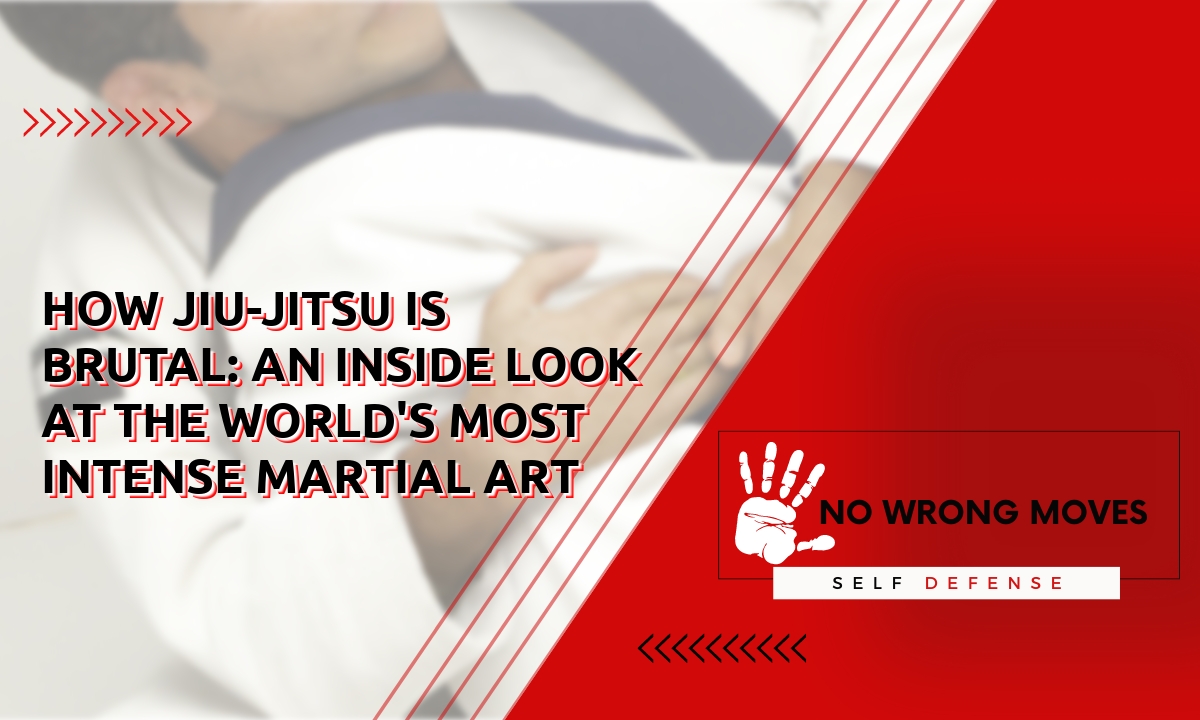
In the martial arts world, BJJ is practically a household name. Ever since being founded by the Gracie brothers in 1925, it has enjoyed a stark rise in popularity, and it currently receives open publicity from well-established companies like the UFC and Bellator MMA.
This popularity is unlikely to subside any time soon, and every year, more and more budding jujitsukas enroll in a dojo to get a taste of what the sport is really about.
But don't let all the enthusiasm around it fool you: BJJ can be brutal. Today, we're going to be looking at exactly why that is.
Why Is BJJ Brutal?
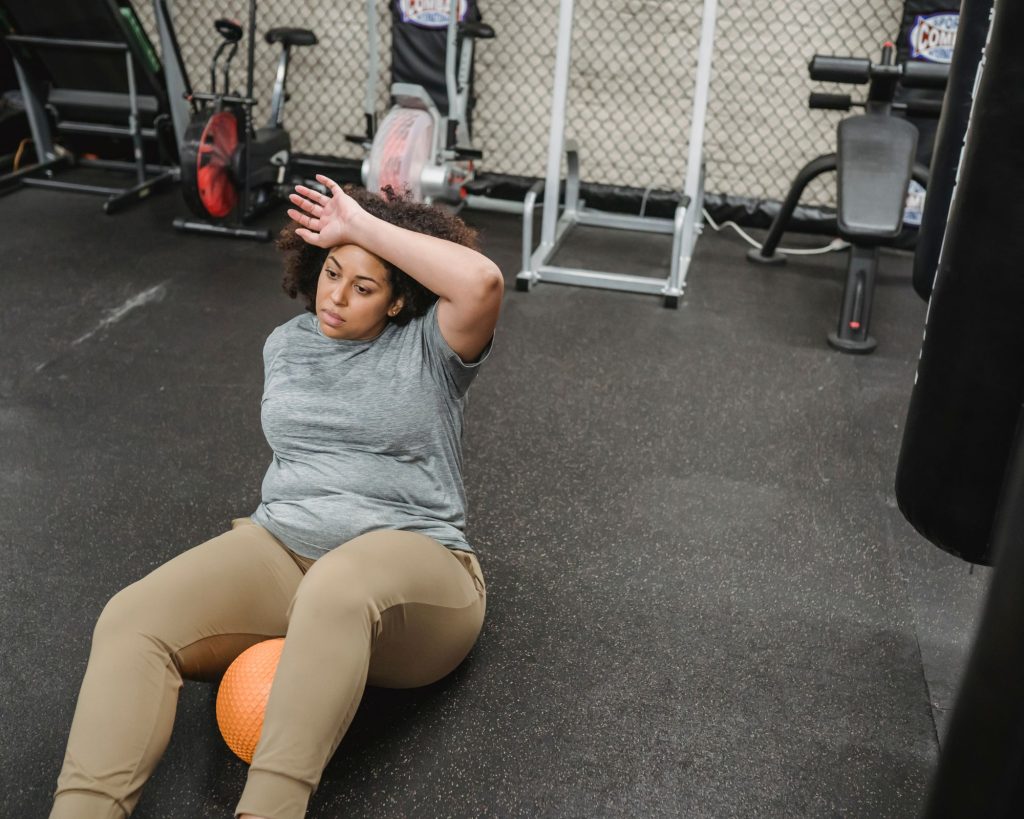
Brazilian jiu-jitsu is a martial art that prioritizes leverage and technique over size or raw strength. It's a heavily strategic form of self-defense that can help a smaller, weaker person defeat a larger, stronger attacker.
Compared to other martial arts, BJJ is actually fairly non-violent. The risk of injury is still there, but it's much smaller and much less pronounced. Some studies even show that it may have the smallest injury incidence rate out of almost all other martial arts.
But BJJ is still absolutely brutal. It's just brutal in a very different way: it's hard. Incredibly hard. BJJ is one of the most taxing martial arts you can learn--and trust me, considering things like wrestling and muay Thai exist, that's saying a lot.
Powerful but Physically Demanding Techniques
BJJ is filled with physically powerful moves, and you only need to take a quick glance at it to see why this is the case. Joint locks and chokes may not be as flashy as front kicks from muay Thai or uppercuts from boxing, but they're capable of rendering someone unconscious in just seconds.
Joint locks, for example, involve maneuvering around an opponent and putting incredible pressure on, surprise surprise, their joints. They get extended to their fullest range of motion, and if your opponent doesn't tap out, they risk hyperextension at best--and a broken limb at worst.
Chokes, which are done on the neck, follow the same deal. Depending on the type, they halt either your opponent's oxygen supply or blood flow, rendering them immobile and leading to unconsciousness.
Some great examples of this are the rear naked choke, the triangle choke, and the guillotine choke which, trust me, is just as harsh as it sounds.
BJJ also heavily adheres to principles of positional dominance, which involves positioning yourself in such a way that your opponent cannot properly fight back against you.
You do this acquiring and maintaining positions that transfer the tempo of the bout to you, essentially putting you in charge of what happens next. Typically, this is done through effective guard passing, mounting, and applying proper weight distribution.
In the rear naked choke we just brought up, for example, you would be behind your opponent for the entirety of the move. They can try to fight back against you, but odds are they just won't be able to reach you--or by the time you do reach them, you'll already be seeing stars.
Injury: An Unavoidable Reality
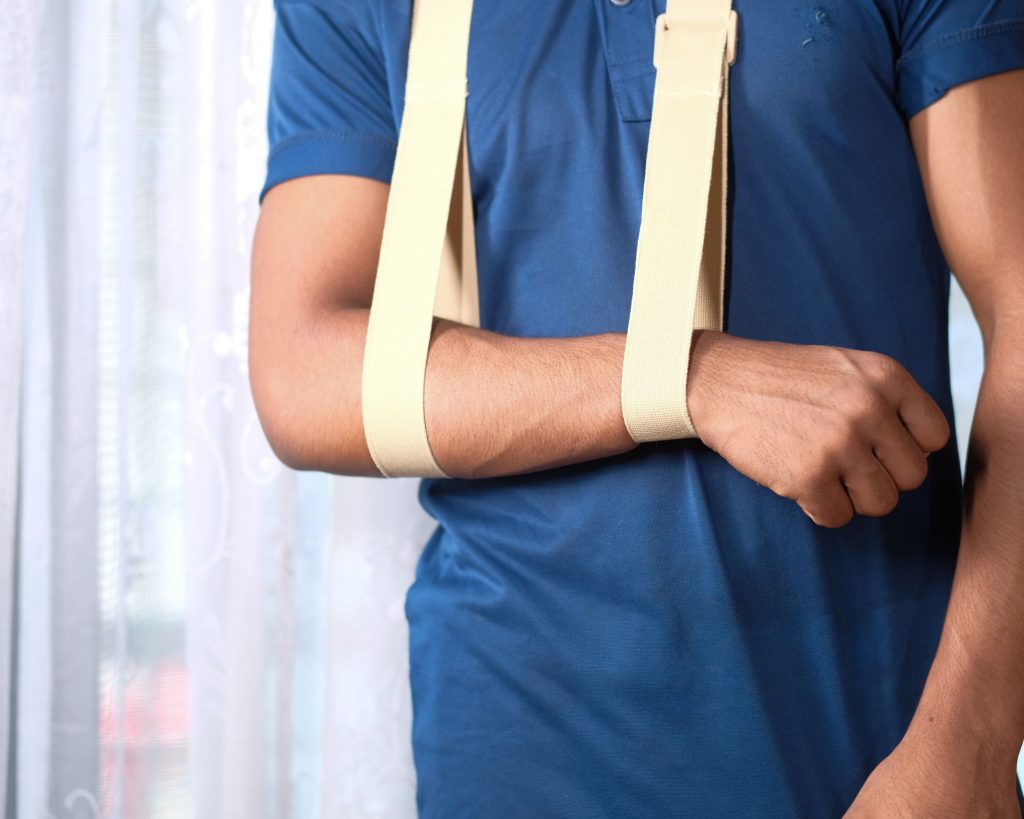
You knew this was coming! You may have wished things were different, but we're sorry to disappoint. Injuries are bound to happen in BJJ. It's extremely unlikely you'll get to the higher levels without once getting injured.
This is just a fact of life in BJJ, but it's one of the reasons the sport can be particularly brutal.
Now, keep in mind, Brazilian jiu-jitsu is actually much safer than other combat sports. Injury prevalence here is smaller overall compared to, say, mixed martial arts or muay Thai. Turns out not being allowed to hit your opponent makes a sport much safer! Who could have known?
But fact of the matter is that they still happen. You've likely already heard horror stories of fractured limbs, concussions from hitting the mat too hard, and the particularly notorious cauliflower ear. You've probably already even experienced a hyperextension yourself!
Specific groups are much more likely to get injured than others. Children and the elderly are particularly vulnerable; children due to their still-developing bodies and the elderly due to their... well, aged bodies.
Fitness level also plays a role, along with other factors such as your belt rank, training frequency, training intensity, among others.
This risk is never going to go away. You can do your absolute best to minimize them, but the odds of you succeeding without once getting injured in BJJ is just incredibly small.
The Need for Mental Fortitude
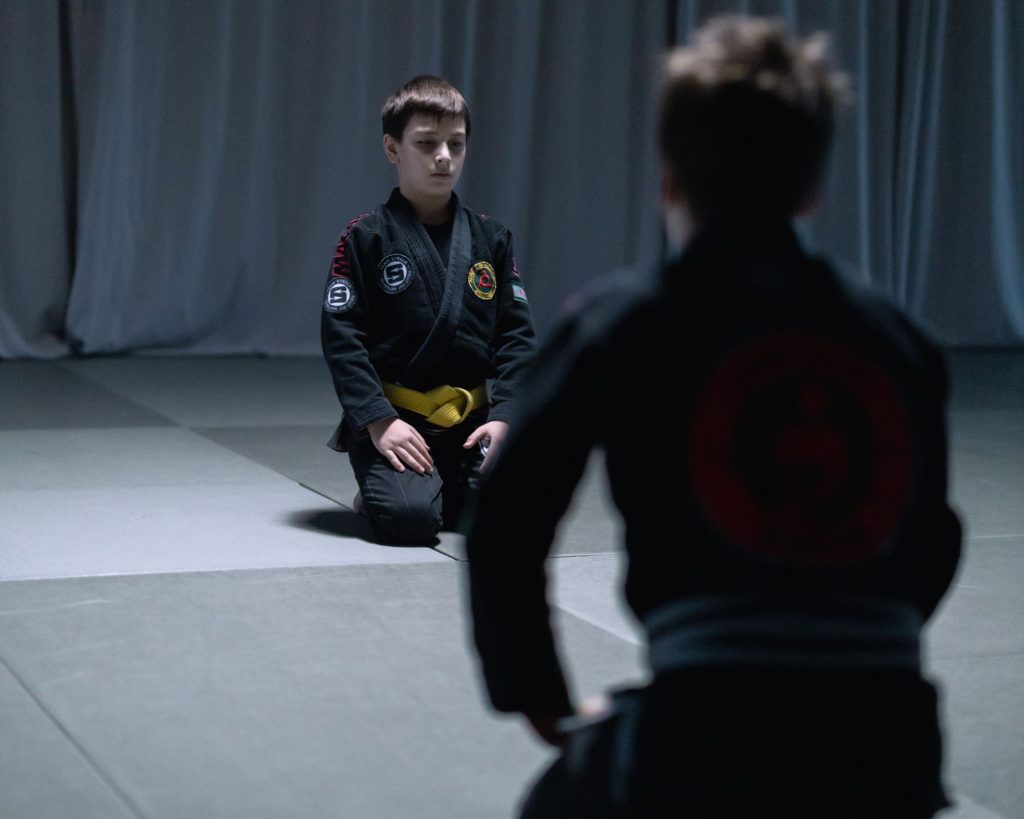
BJJ isn't just physically exhausting though. It's also mentally exhausting as well. Given the nature of maneuvers in this sport, it's easy to see why: jujitsukas must learn how to push through any fatigue, discomfort, and pain that they feel if they want to do well.
Even the fundamental straight ankle lock, one of the most common locks in the sport, will eat you up if you don't have the mental willpower to endure it. Because let's face it, we all find it fun to put someone in an arm lock. But being stuck in one? Not so much.
The need for mental fortitude goes far beyond just the mats though. This sport requires a huge investment in time, effort, and resources before you can actually see success.
And we do genuinely mean huge. You'll need years of practice to attain mastery here, consistently having 90-minute sessions about three to five times a week, before you get to the upper ranks. By the time you reach a brown belt, you'll have put in several hundreds of hours into BJJ.
Without mental toughness, you won't be able to stay committed to your training. You might find yourself faltering when progress seems slow or difficult. On some days, you might even just not feel like going to your dojo, preferring to stay in your nice, comfy bed.
It's on days like that when BJJ will really test your mental fortitude. Being good means putting in the hours and getting the work done, even when you don't want to at the moment.
Emotional Damage: The Pain In Getting Better
You can see by now that BJJ is a path that is naturally wrought with pain. There's the literal physical pain which, if you've been doing BJJ for a while, you're already accustomed to. There's the mental pain from pushing through in spite of the suffering and discomfort you feel while training.
And then there's the emotional pain, which is the thing people expect the least. It's often surprising just how damaging it is to have your pride brought down by constant losses and failures.
But every little bit of pain, regardless of where it may be coming from or what kind it might be, is meant to teach you something, to provide you a lesson that will allow you to become even better than before.
The unfortunate reality is that not everyone can see that. Having your ego hurt is a thing that happens all too often in this sport, and it's a common reason--though they'll never admit it!--that people drop out of class.
And you know what? It makes sense! We get it. Sometimes it can really hurt your pride to get beat by someone like a hundred-pound girl, even though you're a white belt and she's a brown belt, so it's fully expected that she'd destroy you. You know it'd happen, but it still sucks when it does.
But these failures are nothing more than opportunities for you to get even better than before. No one ever succeeds without failing first, after all.
You'll learn to improve your technique. You'll learn to push through any pain and discomfort you might feel. You'll gain mental fortitude and resilience that you didn't know you had in you, and you'll carry it over to other parts of your life.
Every loss is the cost you pay for a lesson--and those lessons are always worth it.
The Wrap-Up
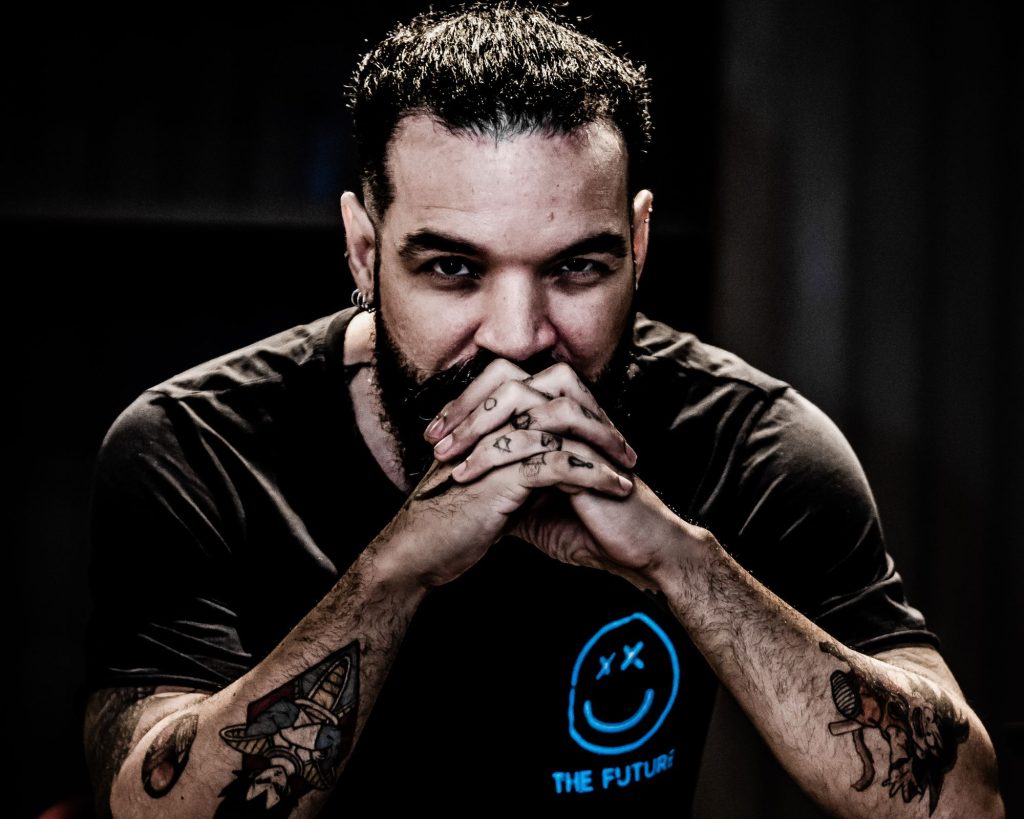
When you first start BJJ, you will be overwhelmed. Things will be uncomfortable and brutal, and you'll be inundated by techniques that might not even make sense at first.
It's entirely normal to feel this way. You're not alone, and you're certainly not the first. It's something that everyone who's gotten good at the sport needed to go through.
Just take things one step at a time, enjoy your small victories, and you'll eventually find that your willpower--along with your confidence!--has improved along with your skill.
Wondering if you might be too old to do BJJ? Don't worry, we've already looked into that for you!
[author-box-jpx-fitness]
